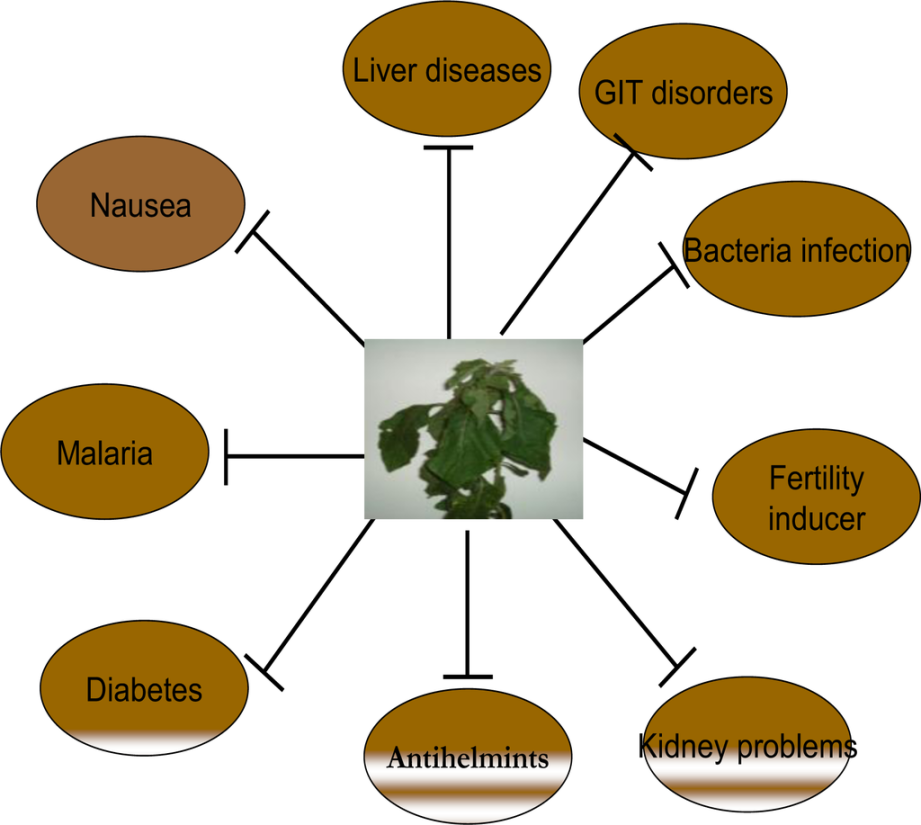Bitter leaf, often referred to as “ewuro” in Nigerian Yoruba, is a leafy green vegetable with a distinctive, bitter taste. Its scientific name, Vernonia amygdalina, hints at its almond-like flavor profile. While the bitterness might initially deter some, it’s precisely this quality that makes bitter leaf a nutritional powerhouse.
A Nutritional Goldmine
Bitter leaf is packed with essential vitamins and minerals that contribute to overall health. It’s a rich source of iron, a vital nutrient for blood production. Iron deficiency anemia, a common health problem, can be mitigated by incorporating bitter leaf into your diet.

Additionally, bitter leaf contains significant amounts of calcium, which is crucial for strong bones and teeth. It also provides essential vitamins like Vitamin A, which supports vision and immune function, and Vitamin C, an antioxidant that helps protect cells from damage.
Beyond Nutrition: Health Benefits
Beyond its nutritional value, bitter leaf has been traditionally used in various medicinal practices for centuries. Here are some of the health benefits associated with this leafy green:
Liver Health: Bitter leaf has been studied for its potential to support liver health. Some research suggests that it might help protect the liver from damage caused by toxins.
Culinary Versatility
Despite its bitter taste, bitter leaf can be incorporated into various dishes, adding a unique flavor profile. It can be cooked with other vegetables, meats, or fish, or used as a base for soups and stews. There are numerous recipes that showcase the versatility of bitter leaf, allowing you to enjoy its health benefits while indulging in delicious meals.
Incorporating Bitter Leaf into Your Diet
If you’re new to bitter leaf, it’s recommended to start with small quantities to adjust to its taste. You can gradually increase your intake as you become more accustomed to it. Here are a few tips for incorporating bitter leaf into your diet:
Cooking Methods: Boiling, steaming, or sautéing can help reduce the bitterness of bitter leaf.
Bitter leaf is a nutritional powerhouse that offers a wide range of health benefits. Its unique flavor profile and versatility make it a valuable addition to any diet. By incorporating bitter leaf into your meals, you can enjoy the benefits of this natural green elixir.
 Udento Lifestyle & Health
Udento Lifestyle & Health




